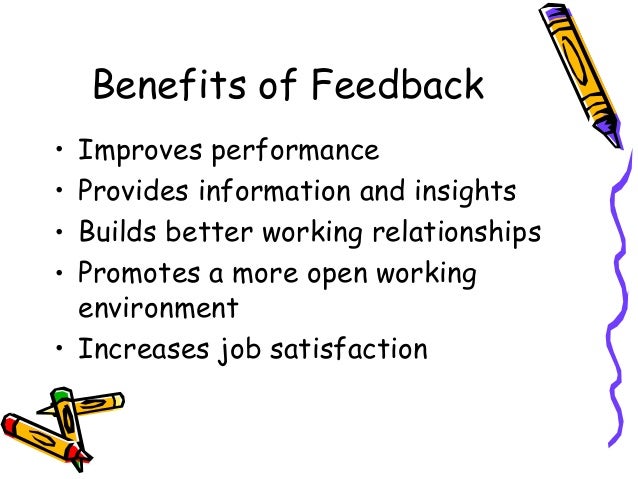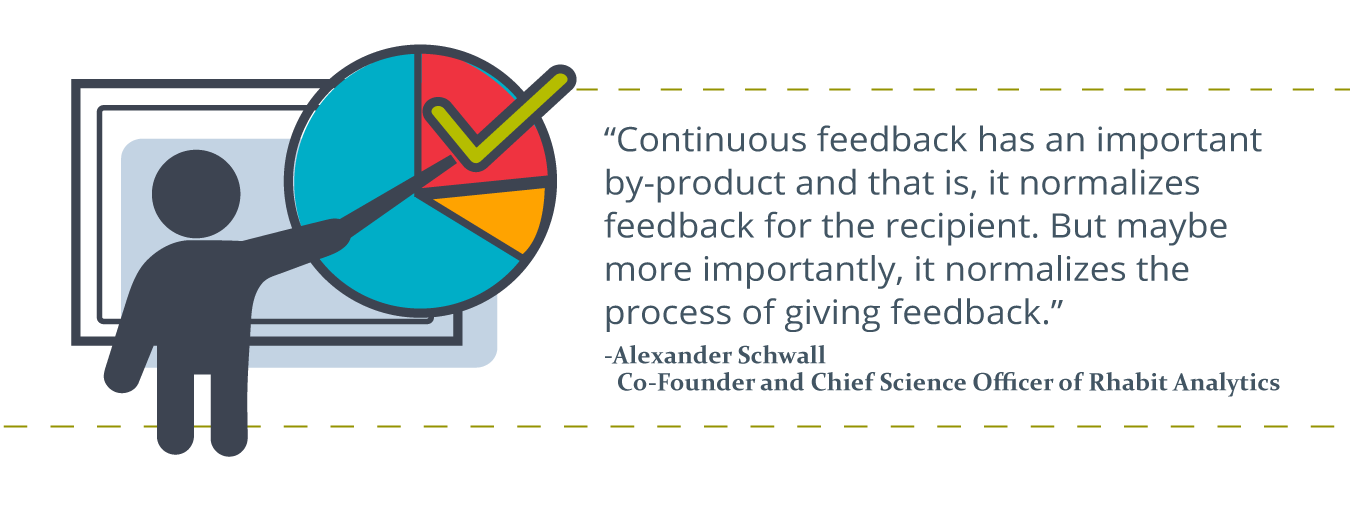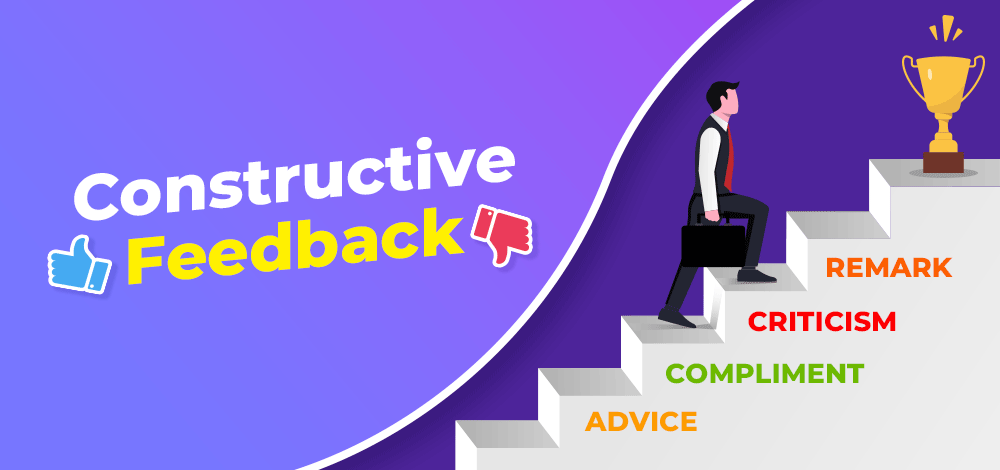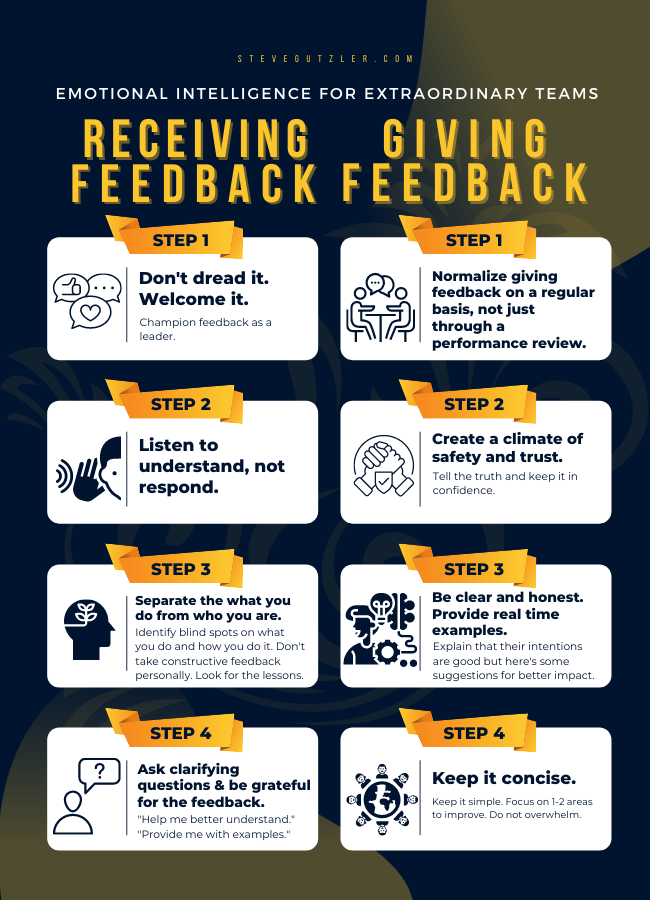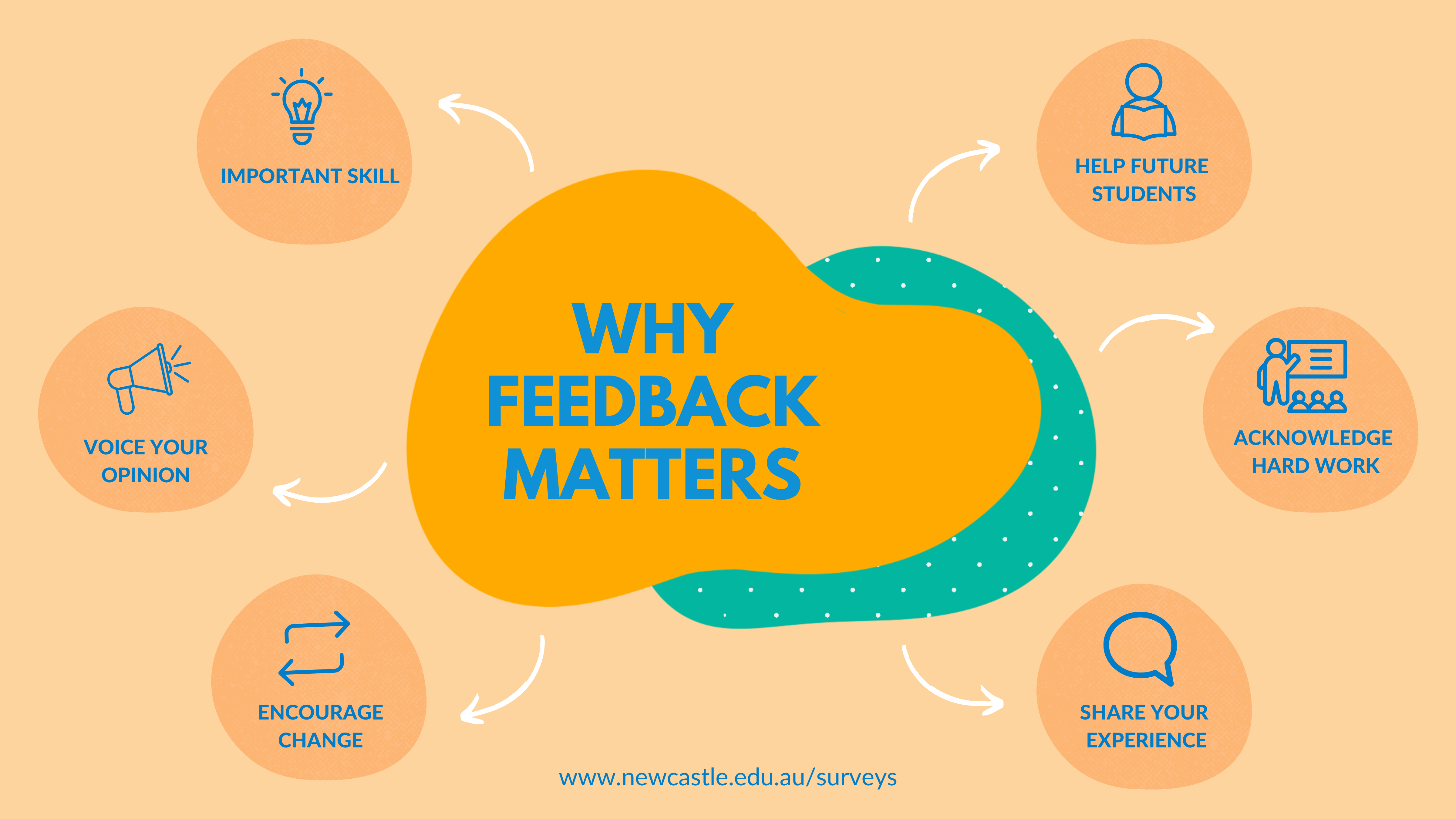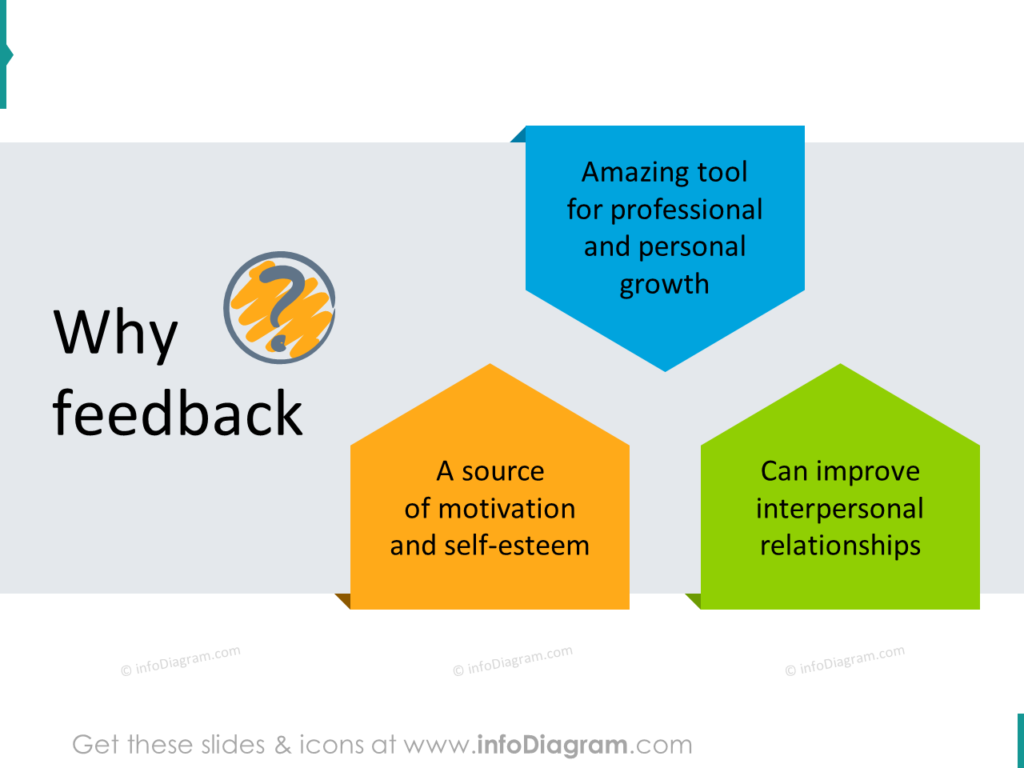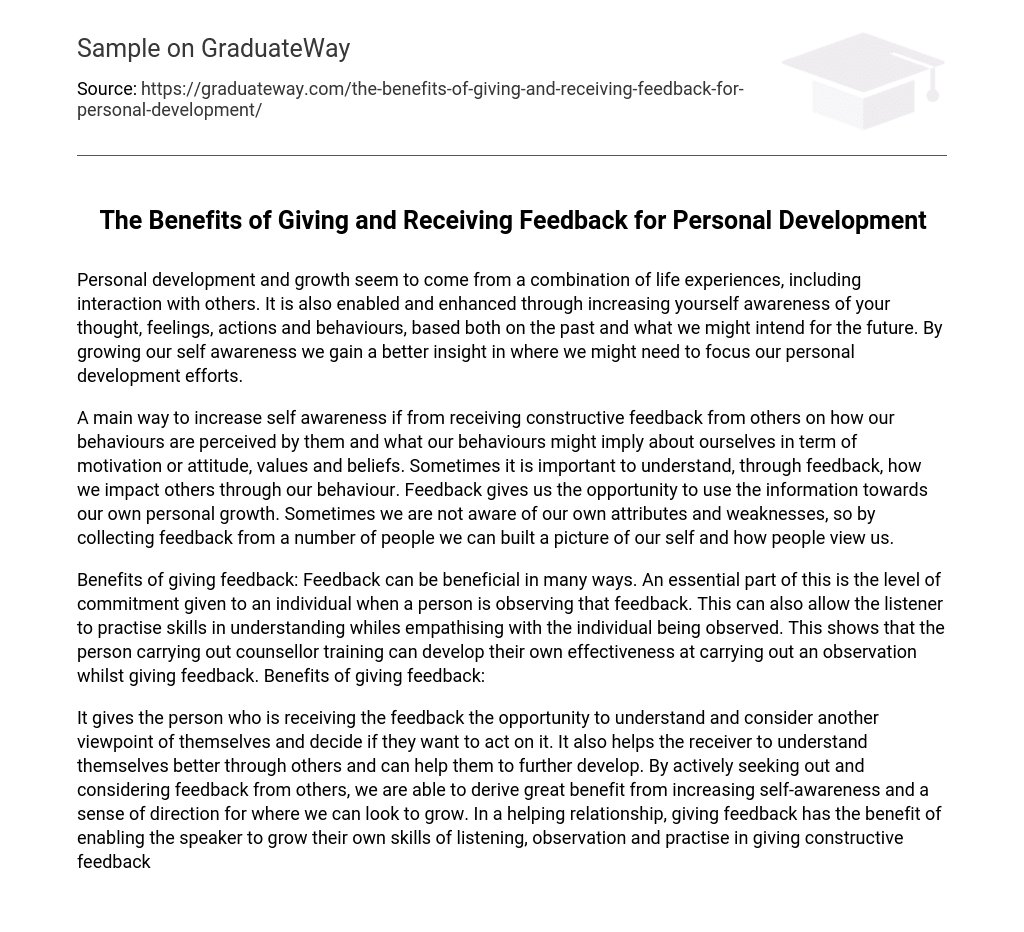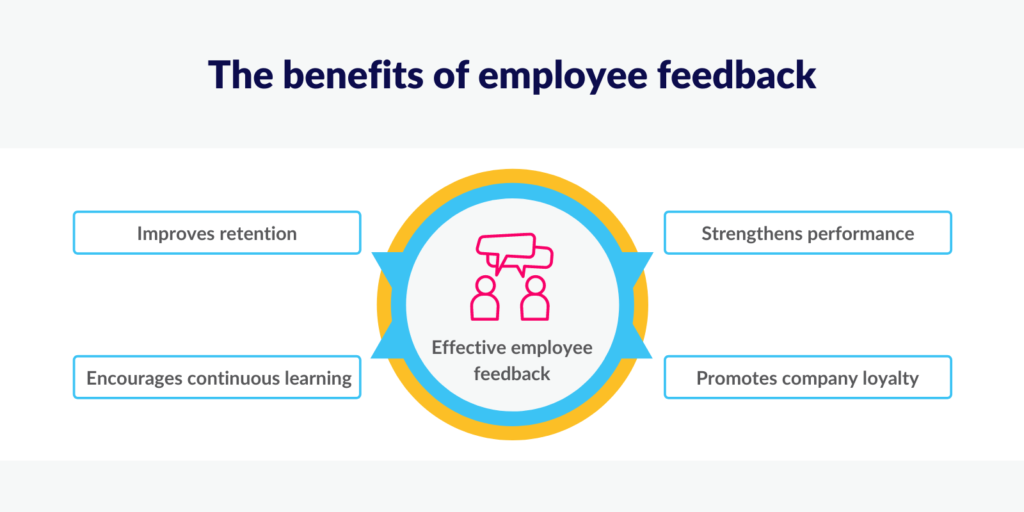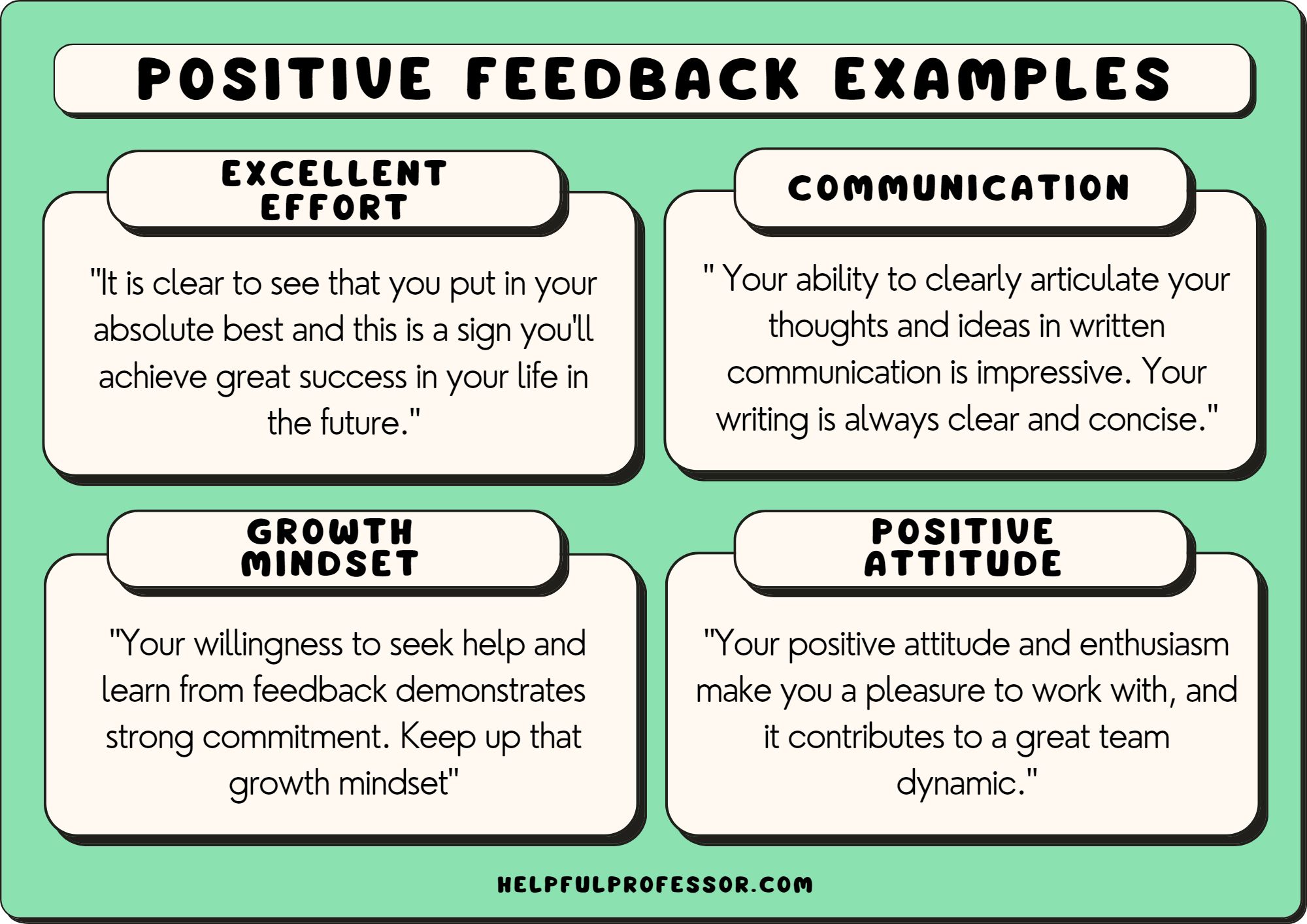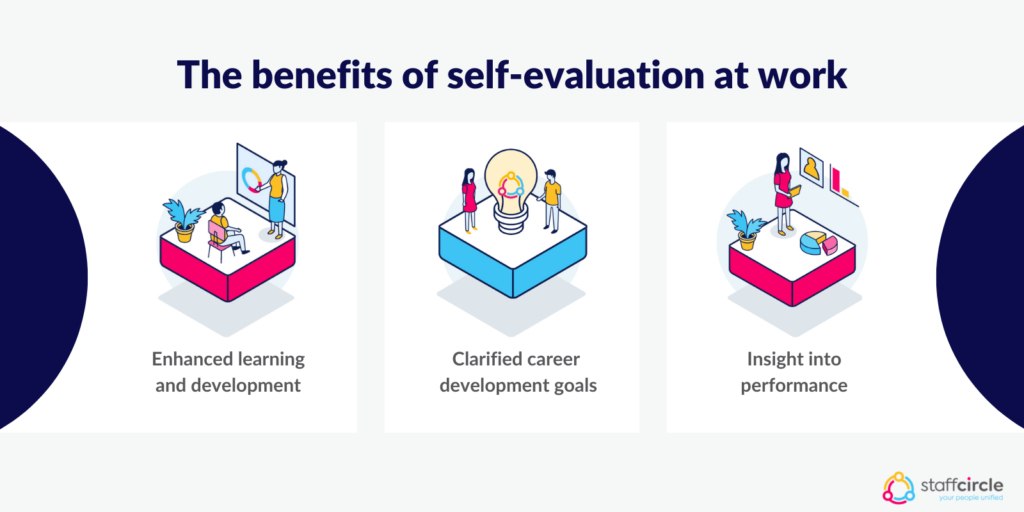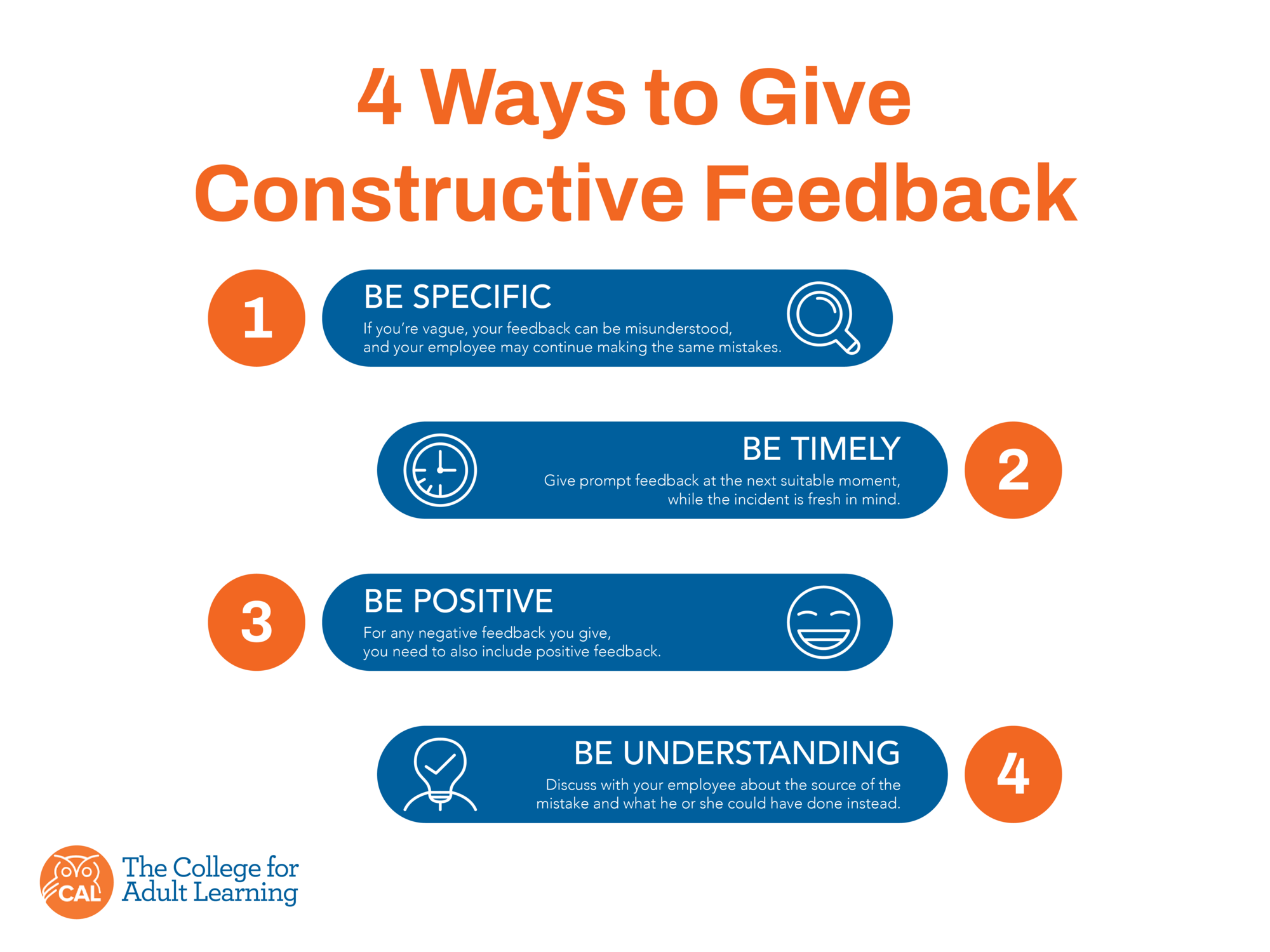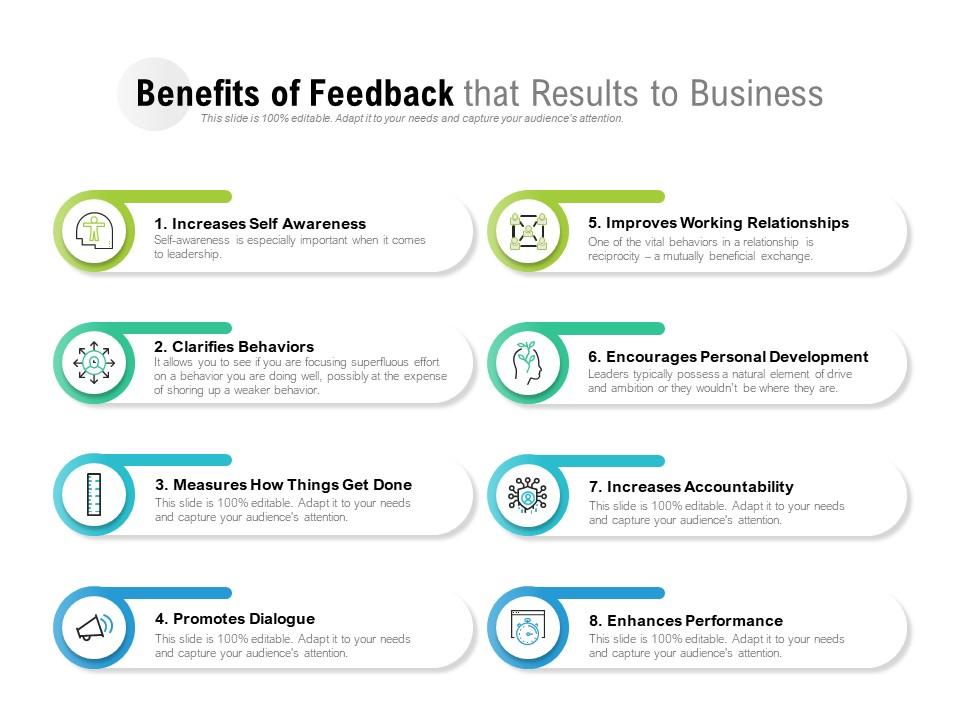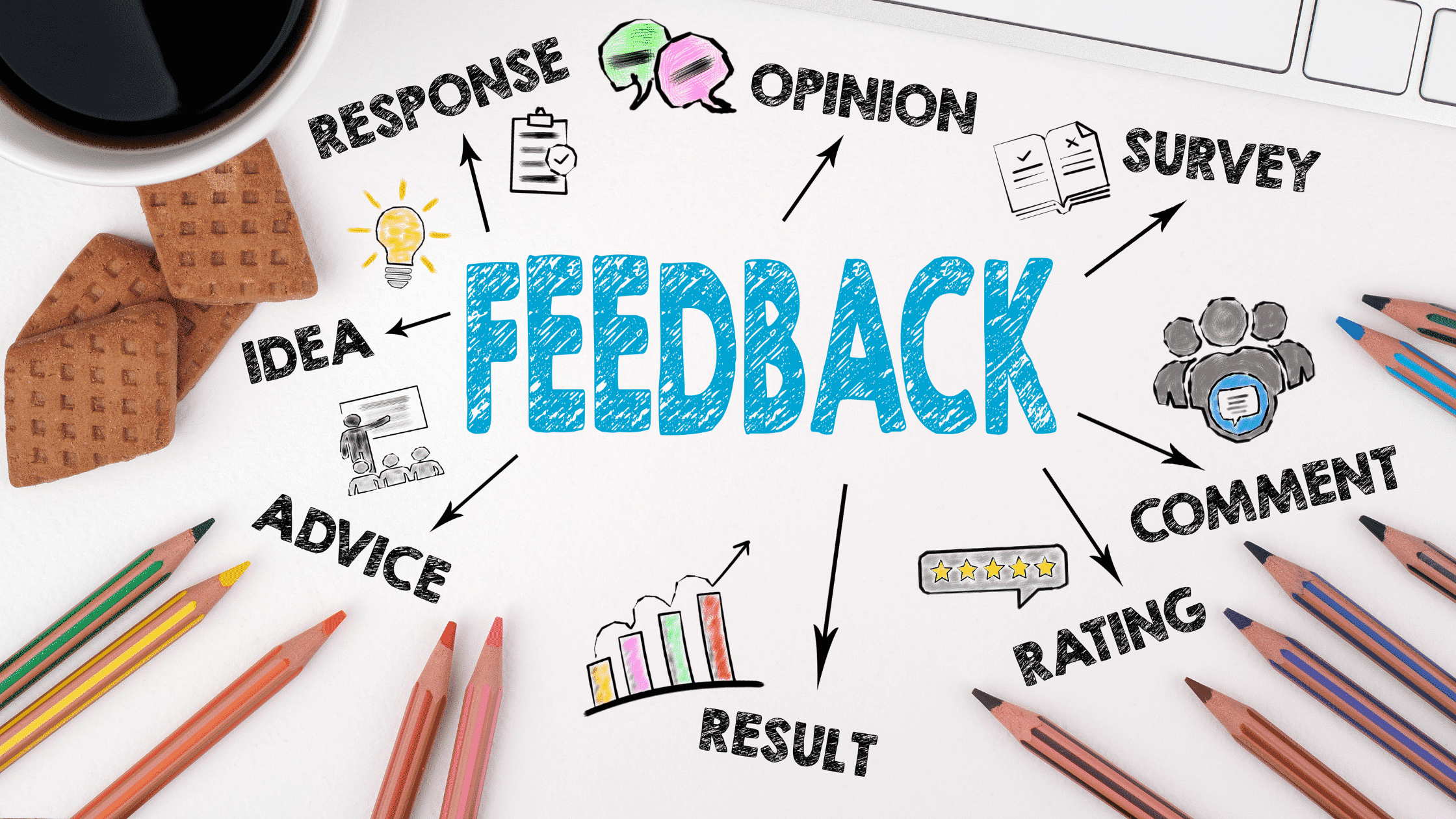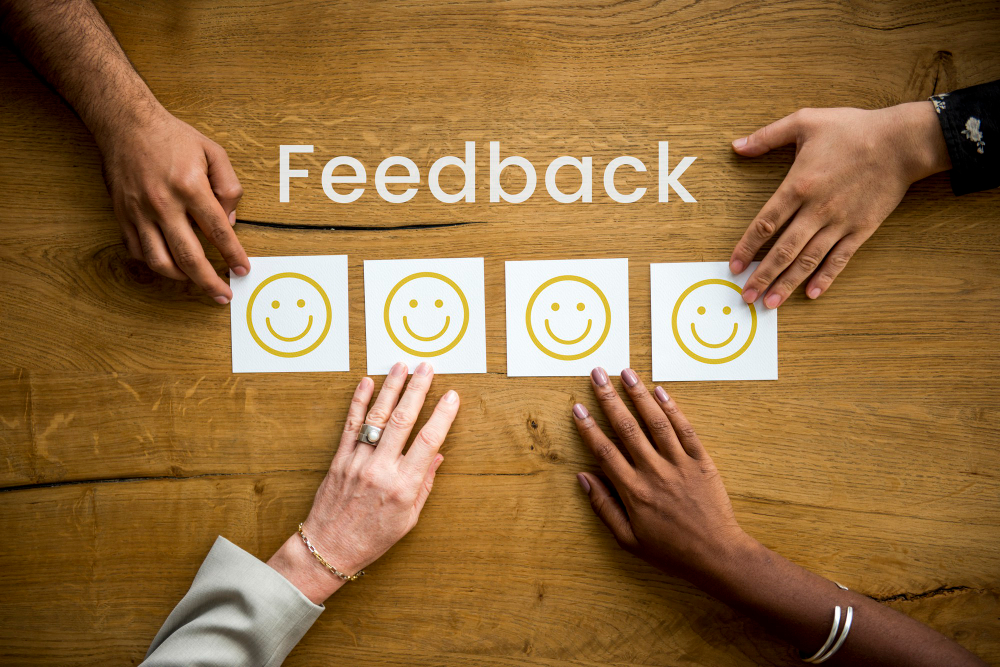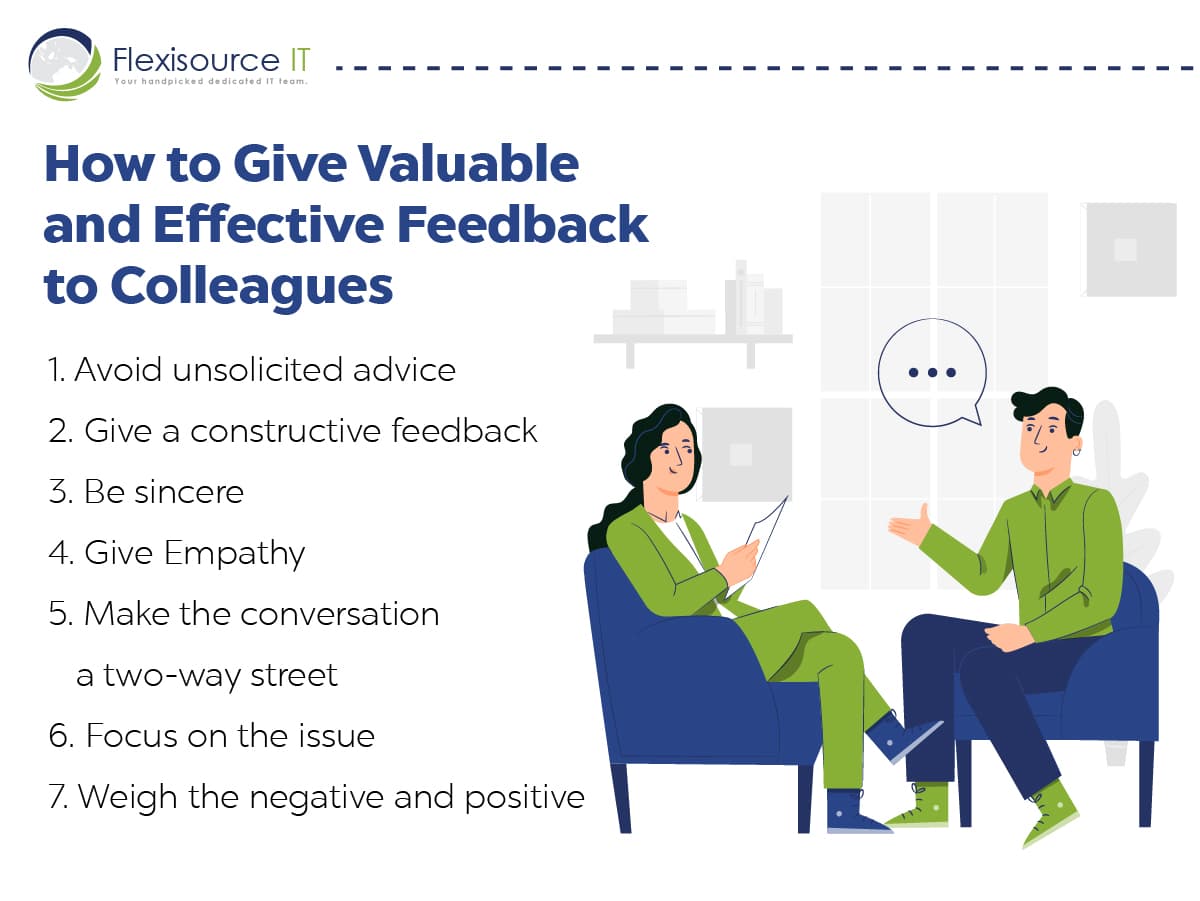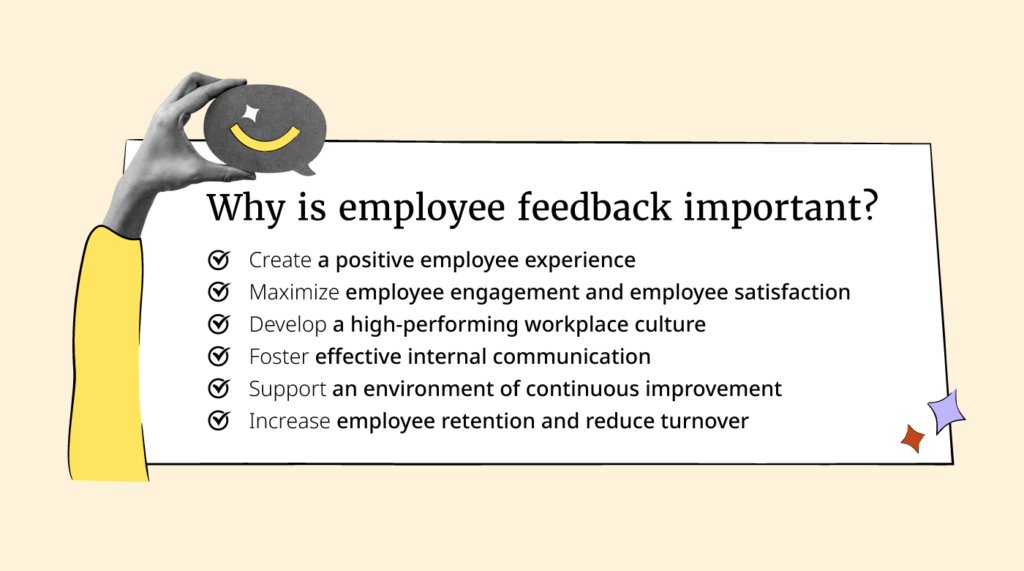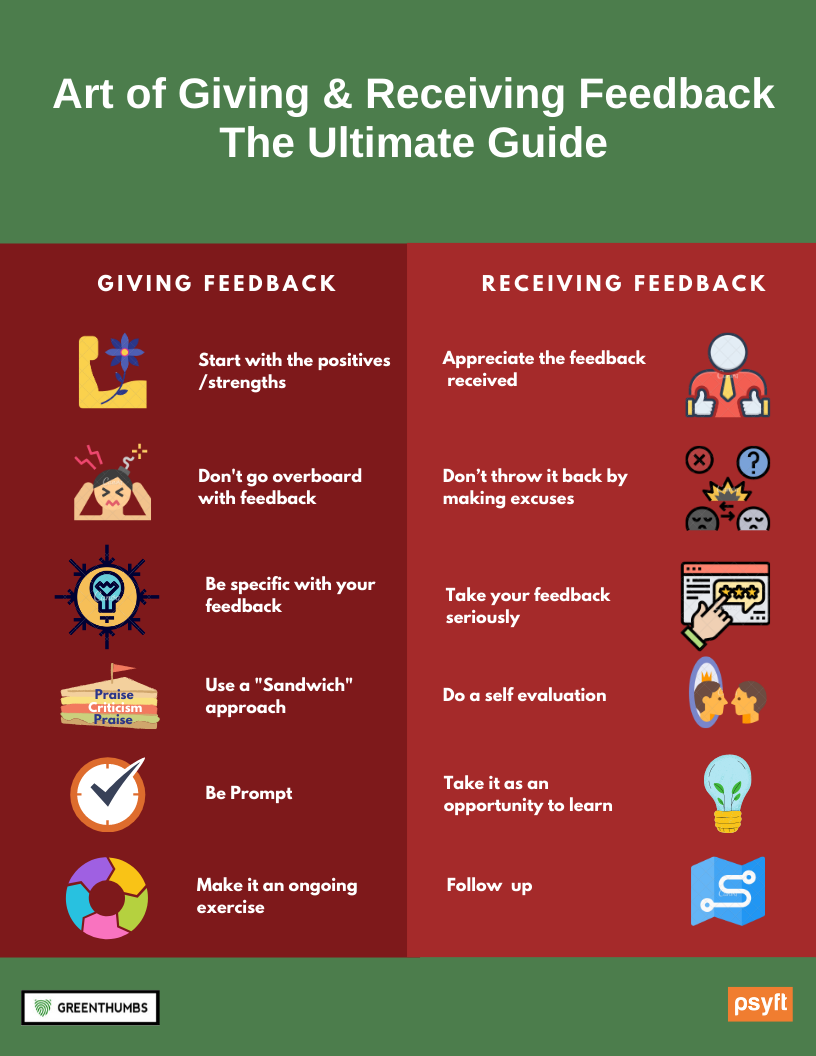Benefits Of Giving Feedback For Personal Development
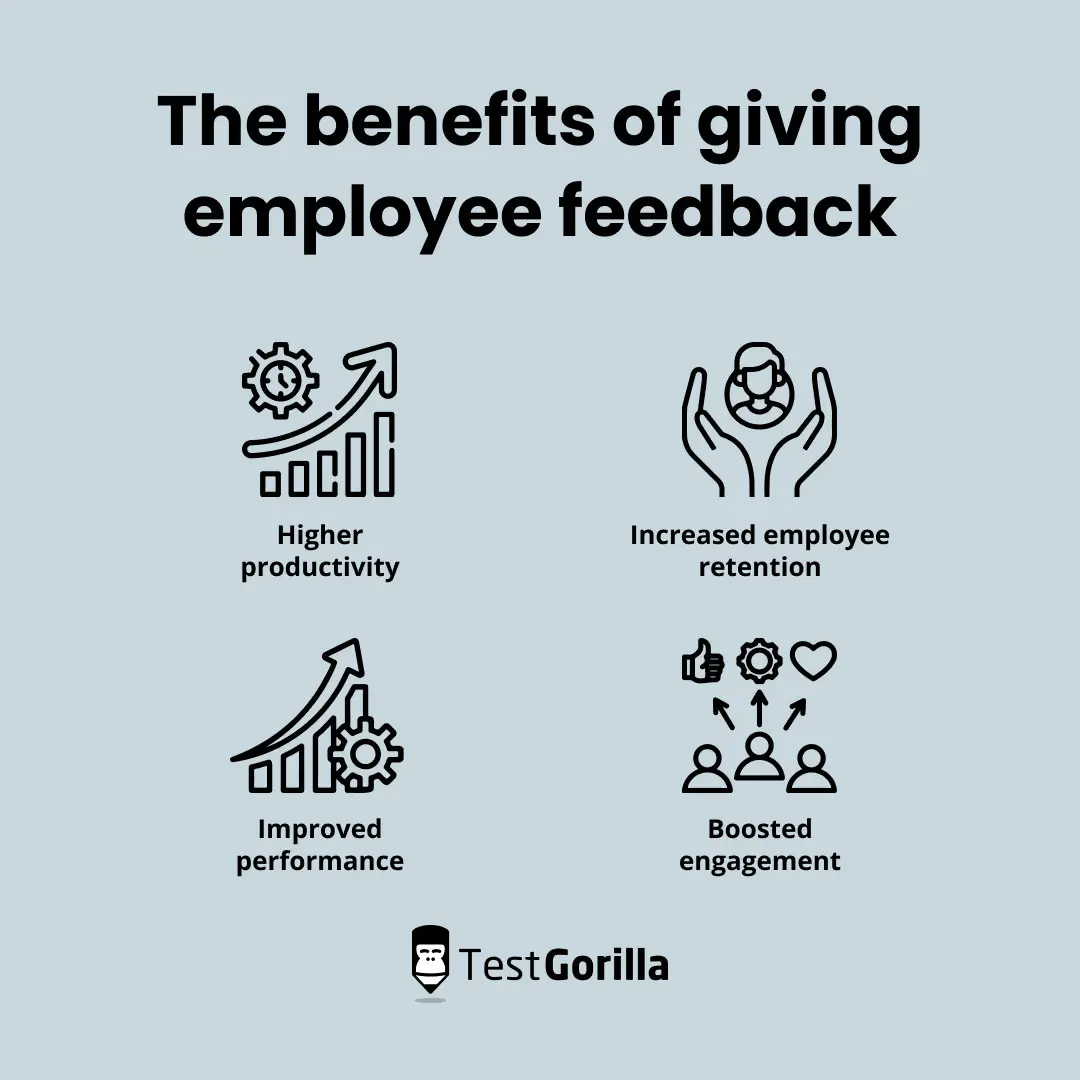
Unlock your potential now! Giving and receiving feedback is no longer optional; it's critical for rapid personal and professional growth.
This article dives into the tangible benefits of feedback, exploring how it fuels development, boosts performance, and cultivates stronger relationships, based on current research and expert opinions.
The Power of Feedback: Immediate Impact
Feedback acts as a mirror, reflecting our blind spots and revealing areas for improvement. This insight allows individuals to course-correct and refine their skills more effectively.
Studies show that individuals who actively seek feedback experience a 20-30% increase in performance compared to those who don't. This improvement spans various domains, from communication to technical skills.
Improved Self-Awareness
Often, we are unaware of how our actions are perceived by others. Feedback bridges this gap, providing a clearer understanding of our strengths and weaknesses.
Self-awareness, enhanced by feedback, leads to more effective decision-making and stronger interpersonal relationships. Employees with high self-awareness are more likely to be top performers.
Enhanced Learning and Development
Constructive feedback accelerates the learning process. It pinpoints specific areas where individuals can focus their efforts and resources.
By focusing on targeted improvements, individuals avoid wasted effort and achieve faster, more meaningful progress. Research indicates that targeted feedback improves learning outcomes by up to 40%.
Increased Motivation and Engagement
When delivered effectively, feedback can be highly motivating. It demonstrates that someone cares about your progress and invests in your success.
Employees who receive regular feedback report higher levels of job satisfaction and engagement. Engaged employees are more productive and contribute more to organizational success.
Giving Feedback: A Critical Skill
Providing effective feedback is not just about pointing out flaws. It's about offering specific, actionable suggestions for improvement.
Effective feedback is timely, focused, and delivered with empathy. It prioritizes specific behaviors and their impact, rather than making general judgments.
Building Stronger Relationships
Giving feedback, when done well, fosters trust and strengthens relationships. It creates a culture of open communication and mutual respect.
Organizations with strong feedback cultures report higher levels of employee satisfaction and retention. This is because employees feel valued and supported in their growth.
"Feedback is the breakfast of champions." - Ken Blanchard
The Future of Feedback: Ongoing Evolution
The approach to feedback is continuously evolving. Today's emphasis is on creating a continuous feedback loop, integrating regular check-ins and performance conversations.
Technology is playing an increasingly important role in facilitating feedback. Online platforms and apps are making it easier to give and receive feedback in real-time.
Next Steps: Embrace the Feedback Culture
Organizations should invest in training programs to equip managers and employees with the skills to give and receive feedback effectively. Feedback should be integrated into the core values of the organization.
Individuals should actively solicit feedback from their peers, managers, and mentors. Embrace feedback as an opportunity for growth and development.
Embrace the power of feedback now to unlock your full potential and drive unprecedented personal and professional growth. Don't delay; your development depends on it.

